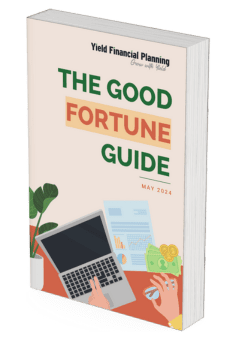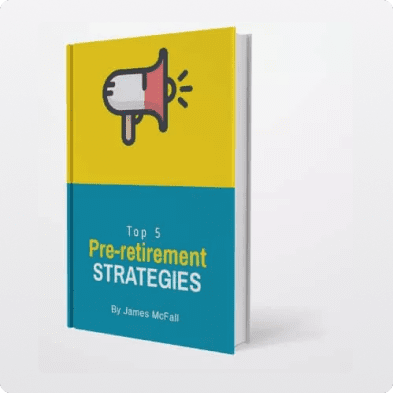We were recently asked to answer this question from Adviser Ratings, for one of their readers, Colleen. She wanted to know as to whether a missed super payment from her employer has impacted her superannuation balance.
“I’ve just learned that my boss hadn’t paid my super for the last financial year (2020/2021). Whilst it has now been mostly paid up to date, I’d like to know how much this large delay in super payments has impacted my super balance? I’m 52 years of age, employed full-time on 60k p.a. and have not personally contributed to my super.”
Hi Colleen,
This large delay may have impacted your super balance, by how much really depends on your selected investment strategy and its asset allocation. The default investment strategy in a typical super fund is in the balanced portfolio, with an exposure of approximately 70% allocation to growth assets like shares and property and 30% to defensive assets like bonds and cash. To give you some context, in the last financial year, the ASX 200 returned 26% p.a.
When your employer makes a contribution, the funds are invested in line with your investment strategy. Every month the contributions are added to your super savings and invested. Any income/dividends earned on these contributions are reinvested, making your super grow faster. This is the effect of compounding. Based on your income, you should have been paid $5700 pa (before tax) into your super. As a consequence of delaying contributions mean the funds have missed out on generating an income and the opportunity to invest when the share market was recovering.
The good news is your employer should pay 10% p.a. interest on the missed payment to compensate for lost earnings in your super.


















